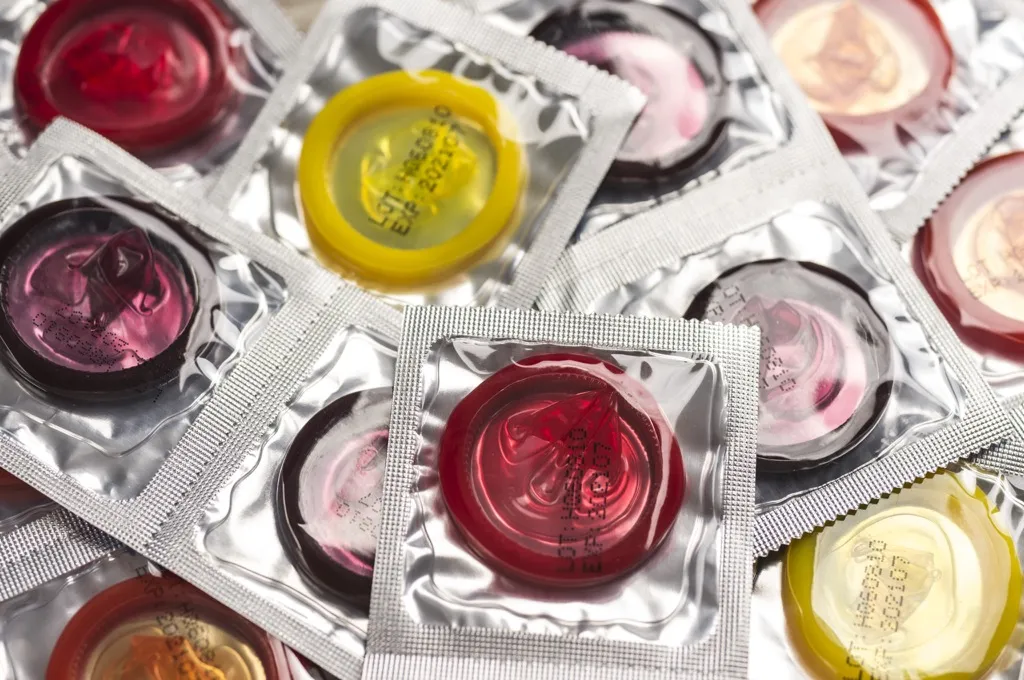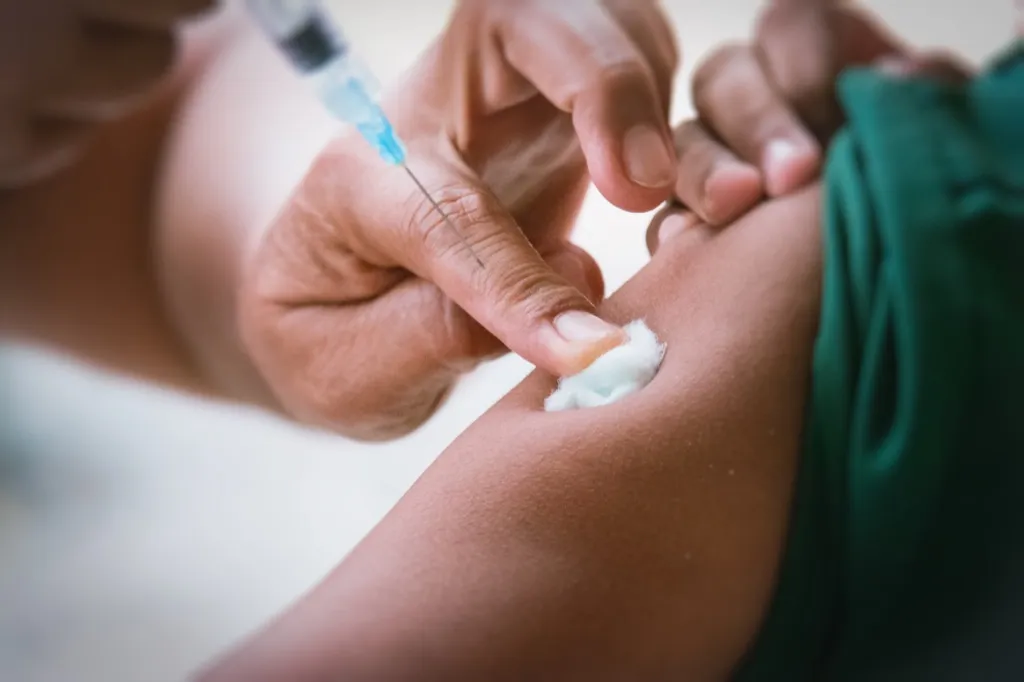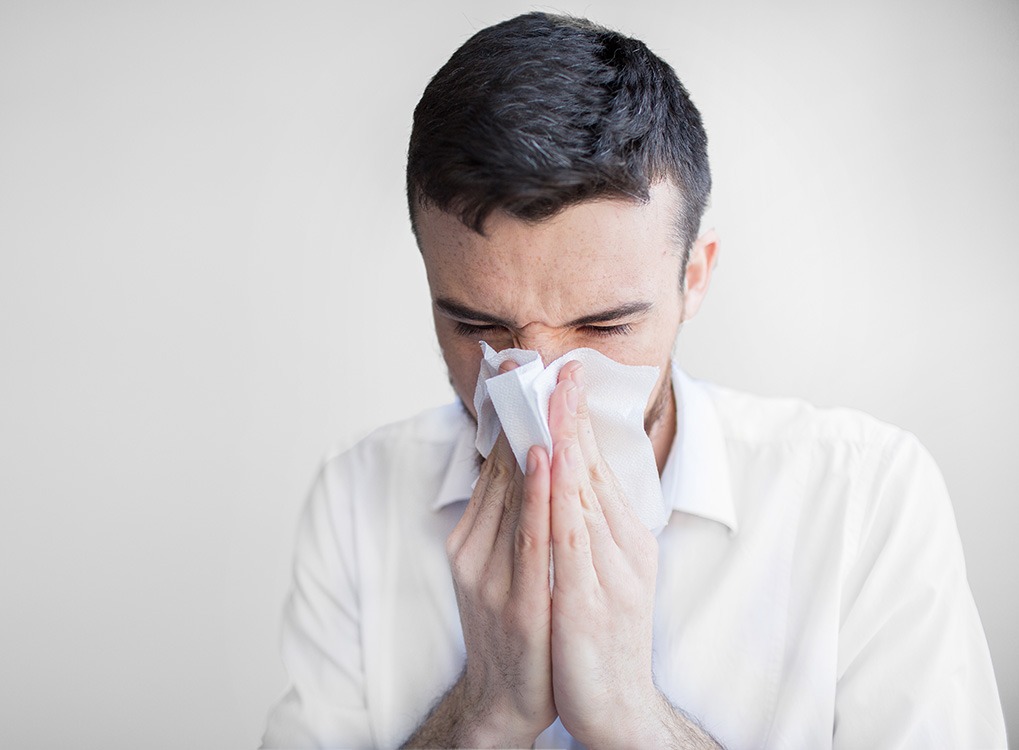
They're the folks who bandage kids up when they skin their knees on the playground, the ones who call caregivers when students get sick, and the ones who occasionally give stressed out kids a place to recharge between classes. However, despite the amount of face time many parents and students have with school nurses, there are countless things about the profession that most of us don't know. From just how much school they've been through to who else they're treating on the job, this is everything school nurses want you to know.
1
They're likely more educated than a nurse you'd find in a hospital.

School nurses typically have credentials and experience that are, at the very least, on par with any nurse you'd find in a hospital setting or doctor's office. "I have a bachelor's of science in nursing degree from a four-year university, and then took my boards to receive my RN and public health nursing license," says Jen Kohorst, a school nurse and the founder of parenting website Minnesota Momma.
According to the National Association of School Nurses (NASN), all school nurses should have a baccalaureate degree and an RN license to practice. But there's also a good chance your local school nurse has logged even more hours in the classroom: The NASN reports that 12.5 percent of school nurses hold master's degrees, compared to just 10.3 percent of RNs nationally.
2
And they continue their education long after they've earned their degree.

Think school nurses can rest on their laurels once they've completed their licensing requirements? Think again. "It is actually a requirement in my state that RNs have 24-plus hours of continuing education every two years," says Kohorst. "And as a school nurse you need an additional 125 hours in five years." In fact, there are only 11 states that don't require RNs—including school nurses—to complete some form of continuing education after becoming licensed.
3
Private schools aren't mandated to have nurses.

According to the NASN, you're less likely to find a nurse in a private school: Just 34.6 percent of private schools employ school nurses, compared to 81.9 percent of public schools. That's because, according to the State Regulation of Private Schools, "there is not an explicit law or regulation requiring a private school to have a school nurse."
4
They typically need consent from a kid's doctor and parents before handing out so much as Ibuprofen.

Unfortunately, if a student doesn't have a note from a doctor and a parent saying they can receive a specific medication from the school nurse—even if it's an OTC one—they won't be getting it. In fact, Kohorst says that she can't even hand out prescription medication to the student it's prescribed to without specific instructions, either.
5
Only some school nurses are allowed to provide condoms to students.

Whether or not students in need of prophylactics should be able to turn to their school nurse is a hotly contested issue—and it's a decision that's ultimately made on a district-by-district basis, according to Kohorst.
Though some say having condoms available will encourage more sex, a 2019 study published in the Journal of Adolescent Health found that making condoms available to students in school only boosts the frequency with which students have sex with protection, but it doesn't increase the rate of sexual activity itself.
6
Only some school nurses can administer vaccines.

If you haven't found time to get your kid vaccinated before school starts, don't expect that the school nurse will be able to handle it for you. "While RNs certainly can administer vaccines, this would be…decided by each district," says Kohorst, who notes that separate public health nurses come to schools in her district to provide vaccines.
7
There is a massive shortage of school nurses nationwide.

According to the National Educational Association, the school nursing shortage is so severe that, in 29 states, there are more than 1,000 students per school nurse. In Utah, the state with the greatest school nurse shortage, there's just one school nurse for every 4,893 students.
8
Many schools don't have a dedicated school nurse.

Most schools have just one nurse, but, in some cases, a single nurse serves multiple student populations. "I actually share my time between several schools," explains Kohorst. And she's by no means alone. Per recent figures released by the NASN, 35.3 percent of U.S. schools don't have a full-time nurse on staff—and 25.2 percent of schools don't have one at all.
9
Finding a substitute is no easy feat.

Having to deal with sick people day in and day out, it's inevitable that school nurses will catch a bug from time to time. Unfortunately, finding coverage in those cases is seemingly impossible. "It can be difficult to find substitute school nurses, [but] we do have a few that are able to help out if I'm sick," says Kohorst.
10
Many school nurses teach as part of their job.

Some school nurses get the ability to flex their muscles as educators on the job, too. In Kohorst's case, she teaches growth and development to elementary school students, while many school nurses are involved in teaching subjects like their school's sex ed curriculum, too.
11
They are frequently tasked with helping teachers, too.

While their ability to treat teachers varies by district, school nurses "do have teachers fill out forms of who to contact in case of an emergency," noting that she wouldn't hesitate to treat an in injured teacher if the situation arose.
However, Kohorst says that, for the most part, when teachers come into her office, they're typically just looking for advice, like whether or not their symptoms merit a trip to the doctor.
12
There is a surprising amount of mobility in the field.

Though it may seem as though being a school nurse means you stay in the same position for years, there's actually a surprising amount of upward mobility. "If you work in a larger district, you could start as a school nurse, become the director of health and wellness, or work as a State School Nurse Consultant," explains Kohorst.
13
They can usually tell when kids are faking.

If you think your kid's school nurse gets fooled by a fake cough, think again. "There are occasionally easy give aways that a student might not be telling the full truth when it comes to feeling sick," says Kohorst. That said, there are frequently other legitimate reasons a kid might be faking ill. "By asking the right questions, we can usually pinpoint a potential reason for 'feeling sick,' such as anxiety about a test, missing a parent, or feeling overwhelmed by their school work."
14
They see mental health issues almost as frequently as they see physical ones.

In fact, Kohorst says that anxiety and depression are among the two most common complaints students come in with. "School nursing is so much more than just the physical health of a student," she explains. "It includes their mental and emotional health that sometimes spills over and may portray itself as a physical symptom."
According to one 2005 Department of Health and Human Services report on school mental health services in the United States, approximately 32 percent of school nurses' time is spent addressing students' mental health concerns.
15
They work in tandem with school counselors.

While many kids will show up at the nurse's office to have their mental health concerns addressed, those issues fall under the purview of the school counselor, with whom the nurse is usually working in tandem. "We try to utilize our school counselors in situations where a mental health condition would be better treated by them," says Kohorst. "We'll walk with students to the counselor's office, help them make an appointment, or if the counselor is unavailable, we talk with the student about what's going on."
16
They're on the frontlines in terms of managing ongoing student health issues.

School nurses play an integral role in terms of managing chronic health issues for students and are on their toes should a medical emergency arise. "A plan is created (and updated) every school year and communicated with those that need to know," says Kohorst.
17
School nursing often provides a better work-life balance than other forms of nursing.

Those long hospital shifts and overnights just aren't part of the job description for school nurses, meaning it's often a role that offers more work-life balance, according to Kohorst. And to achieve your own happy equilibrium, discover The Top 50 Secrets of a Perfect Work-Life Balance.
To discover more amazing secrets about living your best life, click here to follow us on Instagram!




















